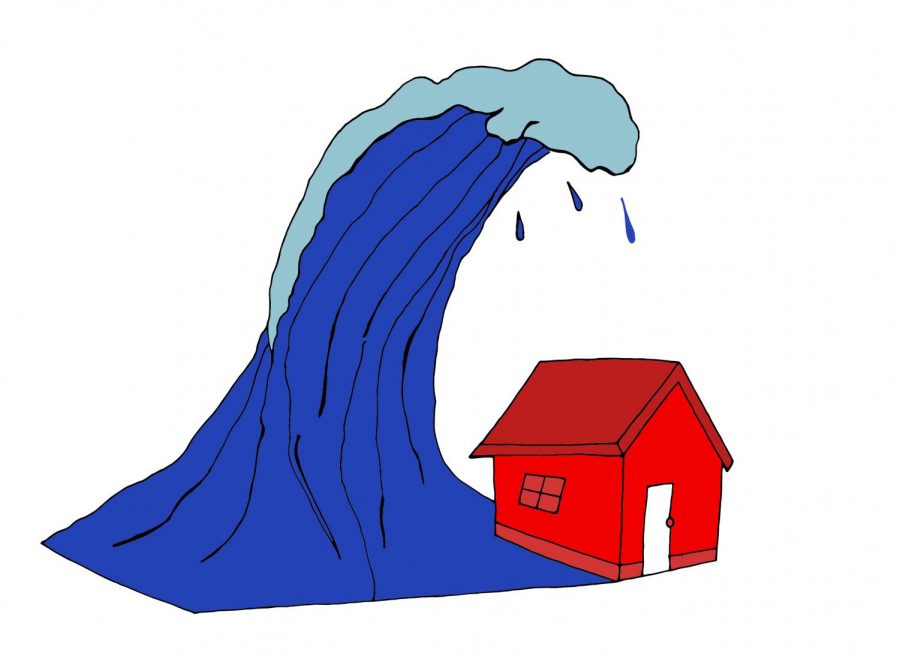When the Press-Citizen published the list of the top ranking schools on the Iowa Advanced Placement (AP) index, many City High students and parents were shocked to learn of City High’s ranking on that index. City High had scored a measly 27th, as opposed to second and fifth place rankings by Regina and West, respectively. Though City High’s placement on the index was technically correct, this only tells part of the story. This is because, despite the emphasis that is placed upon the AP index, it has little bearing on the actual quality of students’ education. Rather, it is only a measure of how many students take the AP test. Instead of showing how well a school prepares students, it shows how much a school can afford to help their students to take AP tests. Thus, schools that cover the entire cost of taking AP tests, like Cedar Rapids Washington and West Branch, have an edge over schools like City High, where students have to pay for each and every one of the tests that they take. Indeed, focusing on one’s ranking on the AP index can actually be detrimental to a school’s ability to provide a good learning environment for its students. Thus, while the Little Hawk staff is not opposed to adding AP classes to the curriculum, we feel that emphasis on those classes should not overshadow City High’s own class offerings.
The first thing that we should note when gauging the relevance of the AP index is that a school’s placement on the index has nothing to do with how well the students perform on the test. Instead, it is based entirely on the amount of students that actually took the test. This has some interesting implications. For example, a school could register their entire student body to take AP tests, have them all fail, and still come out on top of the AP index. At that point, the AP index is not a measure of the quality of a school’s curriculum, nor does it gauge the talents of students. Instead, it is just a measure of the relative affluence, or wealth, of those schools’ communities.
What is upsetting is not that the AP index is inaccurate, but the way in which it is interpreted by the Iowa City community as a whole. When the Press Citizen ran its story on the AP index placing, the tone of the article conveyed the message that “because City High students were not taking as many AP classes, the quality of their curriculum is inferior.” This is simply not the case. Though AP classes are a valuable part of any curriculum, the “honors” level courses that are offered are just as, if not more, valuable. Though AP classes have the reputation of being “college level” courses (and therefore more challenging), they lack the flexibility of honors classes. Instead of allowing students and teachers the freedom to develop their own distinctive courses, it limits them to the material that will be on the AP test. Oftentimes, those teaching advanced classes are some of the best educators in the district, and we shouldn’t constrain them by placing limits on what they can and cannot teach. Though the Little Hawk staff does not oppose AP testing itself, we feel that it is necessary to strike a balance between AP and Honors courses.
At the end of the day, the hype surrounding the AP index is just that: hype. It does not reflect badly on the student body, nor does it show the quality of the school’s teaching staff and curriculum. What it does show, however, is that the public and the media have a hopelessly simplistic view of education as a whole. Instead of obsessing over ways of measuring students’ success, we should be trying to provide them with an environment in which success can occur in the first place. By refusing to give in to the hype and taking a rational approach towards planning the curriculum, we will be well on our way to making that environment a reality.
Follow these links for more information:
http://apcentral.collegeboard.


































